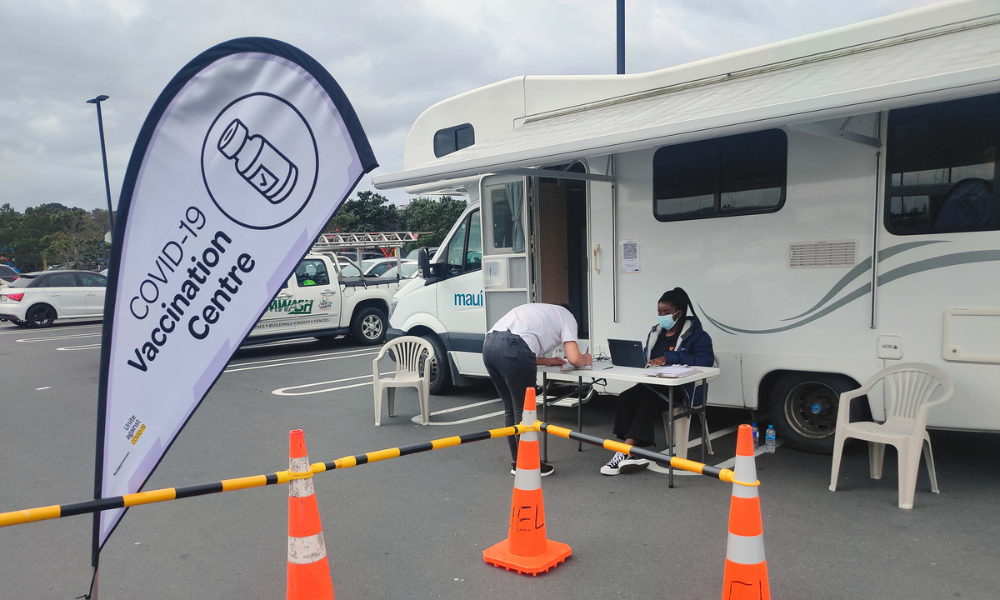
How will XBB 1.5 affect workplaces?

The XBB 1.5 variant of COVID-19 has been detected in New Zealand, the Ministry of Health announced on Monday.
"The Institute of Environmental Science and Research (ESR) reported the whole genome sequencing results for two COVID-19 cases with XBB.1.5 late last week," it said.
The XBB 1.5, dubbed as the "Kraken," is a sub-lineage of XBB first detected in the United States, according to the European Centre for Disease Prevention and Control.
It is also the "most transmissible" variant yet, according to Maria Van Kerkhove, technical lead for COVID-19 response at the World Health Organisation (WHO). In the United States, it makes up for 27.6% of all COVID-19 cases there as of January 7, the Centres for Disease Control and Prevention said as reported by Reuters.
Considering the variant’s presence in Australia, its detection in New Zealand is not a surprise, according to the Health Ministry.
"It remains unknown how XBB 1.5 will compete against other variants in a New Zealand context, and whether this could affect the level of COVID-19 circulating in the community in the coming months," the ministry said in its announcement.
"So far, most Omicron variants have not demonstrated a change in severity of the disease, and there is no evidence at this stage to indicate XBB.1.5 causes more severe disease compared to other variants."
New Zealand's population has a relatively high level of immunity based on high vaccine uptake and due to a recent wave of infections, according to the ministry.
"Vaccines are still expected to provide protection against severe disease from XBB.1.5, particularly in those who have received boosters. We encourage people to get their vaccine and booster doses when they fall due."
With the entrance of what is dubbed as the “most transmissible” COVID-19 variant in New Zealand, it is critical for employers to remember their duties to employees if an employee gets infected.
"If a worker is sick with COVID-19, the first consideration for an employer should be to look after people, contain COVID-19 and protect public health," Employment New Zealand said on its website.
"Employers should not require or knowingly allow workers to come to a workplace when they are sick with COVID-19. If they do, they are likely to be in breach of their duties under the Health and Safety at Work Act."
Employers are also urged to accept the confirmation text from the Ministry of Health as proof of requirement from employees in case they need to take sick leave.
The New Zealand government has rolled out a Leave Support Scheme for employers so they can pay employees who need to isolate because of COVID-19.
To be eligible for support, an employer should have an employee who is required to be under isolation for at least four consecutive days because:
Employers can receive $600 per week for full-time employees and $359 per week for part-time staff, according to Employment New Zealand.
In other cases, employers and employees are urged to explore other options outlined by Employment New Zealand and reach an agreement on what their approach will be.